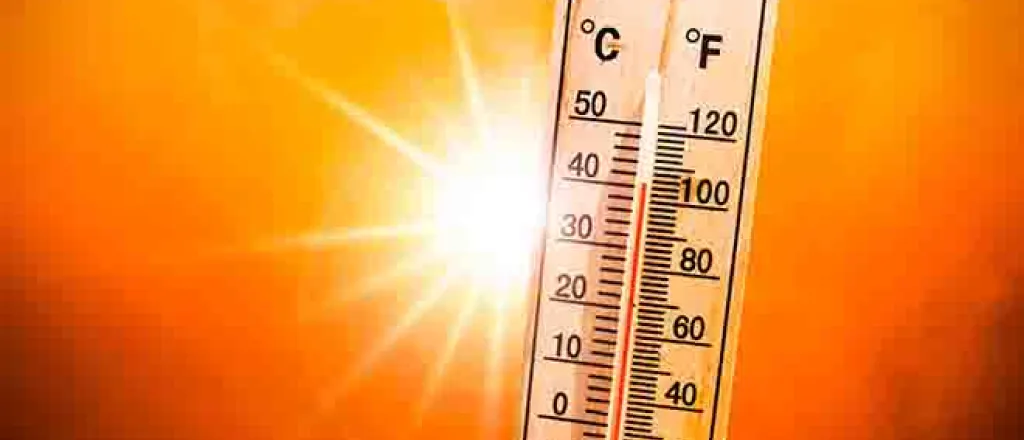
Heat stress and stroke can sneak up on you without you being fully aware of it. Gary Crawford has more.
PARTICIPANTS: Gary Crawford and Dee Jepsen, Ohio State University Agricultural Health and Safety professor.
Transcript
Summer's only a few days old now.
It's just officially begun.
But already millions of us are either coping directly with the record-breaking heat or certainly have heard news reports about it.
Now, although some of us do say we're tough, heat doesn't bother us.
One expert says...
Heat illness is something we shouldn't just kind of glance over.
That's Dee Jepsen.
She's a professor of safety and health at Ohio State University.
And she says a lot of people get very sick from the heat and many lose their lives from it because the symptoms can sort of sneak up on you.
And those symptoms may not be noticed at first by others around you.
Also, she says, the symptoms vary with each person.
Heat illness is really hard to recognize and hard to predict because each one of our bodies, you know, are so different.
And susceptibility to the heat varies with age, with the kinds of medications we may be on, and with how acclimated we are to being in the heat in the first place.
And we also know that once a person has had heat stress or heat stroke, they are more susceptible to that again, sooner.
So we're going to try to touch on the general symptoms to watch out for in ourselves and in others, starting with mild symptoms and working up to the more serious.
And again, different folks will exhibit different signs of heat stress.
First, if you get a heat rash or any type of prickly or blistery parts of the skin, that's showing that your sweat glands have become clogged.
Your sweat glands are inflamed and the sweat cannot evaporate from your body in these conditions.
Another early warning sign, heat cramps.
Whether that's in your legs, your arms or your stomach.
And really what's happening when our bodies are cramping, it's the loss of body salt through the sweat.
And that causes the water to rush into our muscles and that results in our cramps and our spasms that we get.
But as the effects of the heat really start to intensify and become more dangerous, we may experience fatigue or dizziness, even irritability, impaired judgment, any type of lack of ability to concentrate.
Things are really getting serious at that point.
Now the heat is affecting our blood flow into our brain.
The body's trying to redirect that blood to release the heat from the skin.
But when it does that, it kind of starts to affect us through our whole nervous system.
And at that point, we have to get cooled down pretty fast.
Because, Jepson says, when our body temperature goes above 100 degrees for any length of time out there in that heat...
That's in the fatal zone.
So those are some things to watch for next time.
How to better handle the heat and avoid heat stress and stroke in the first place.
Gary Crawford reporting for the U.S. Department of Agriculture.








